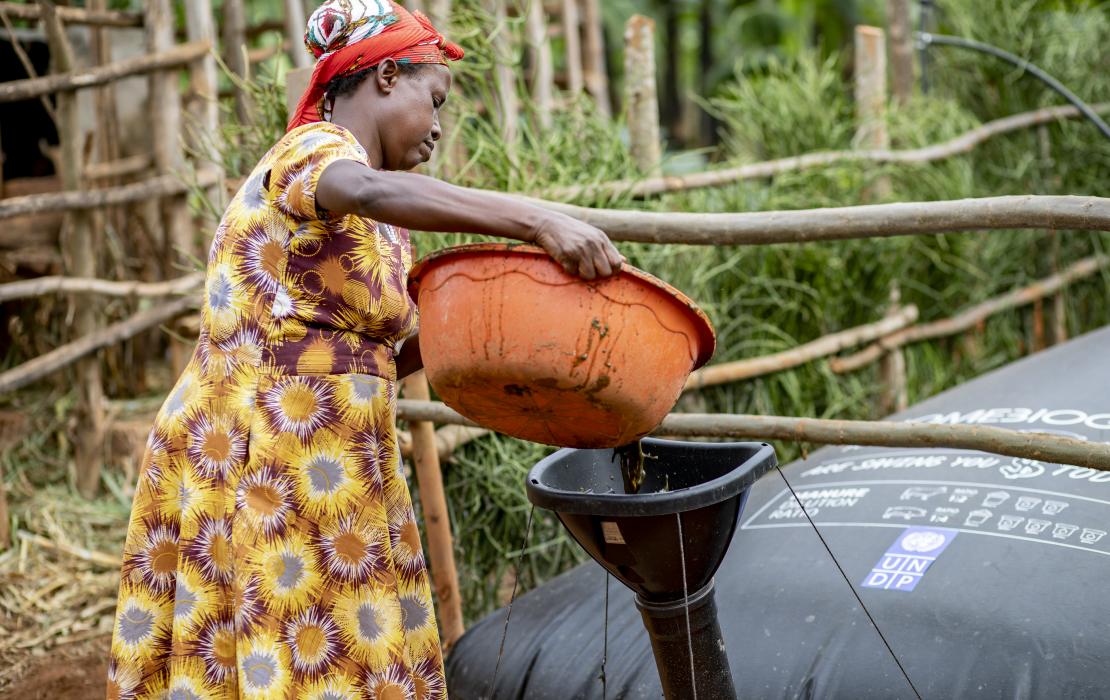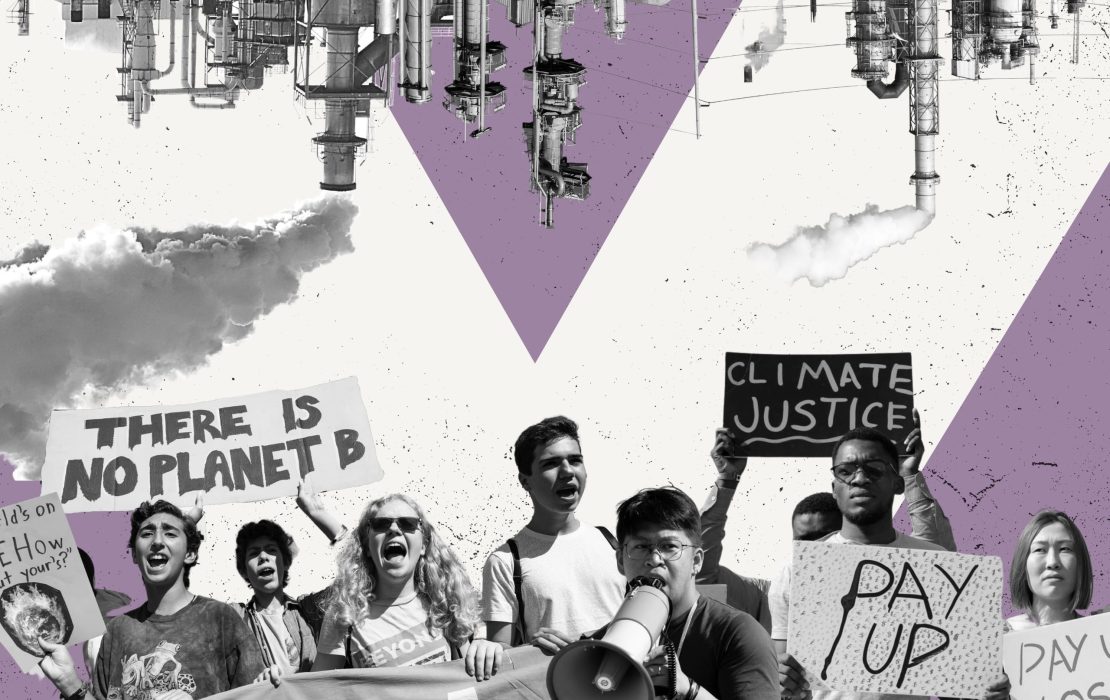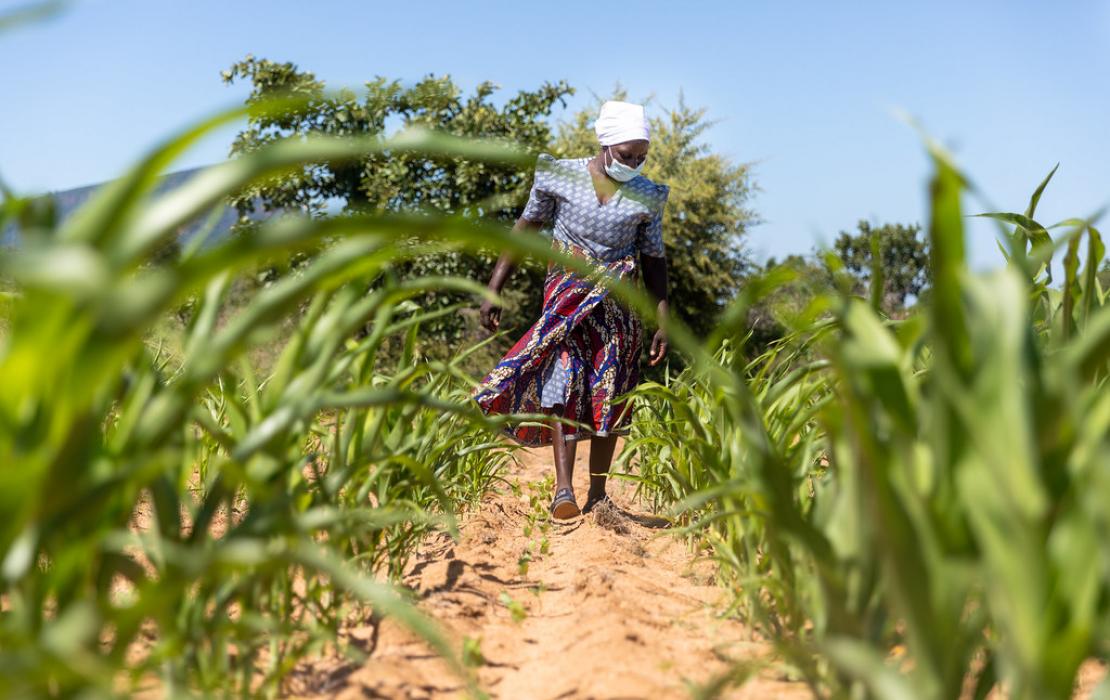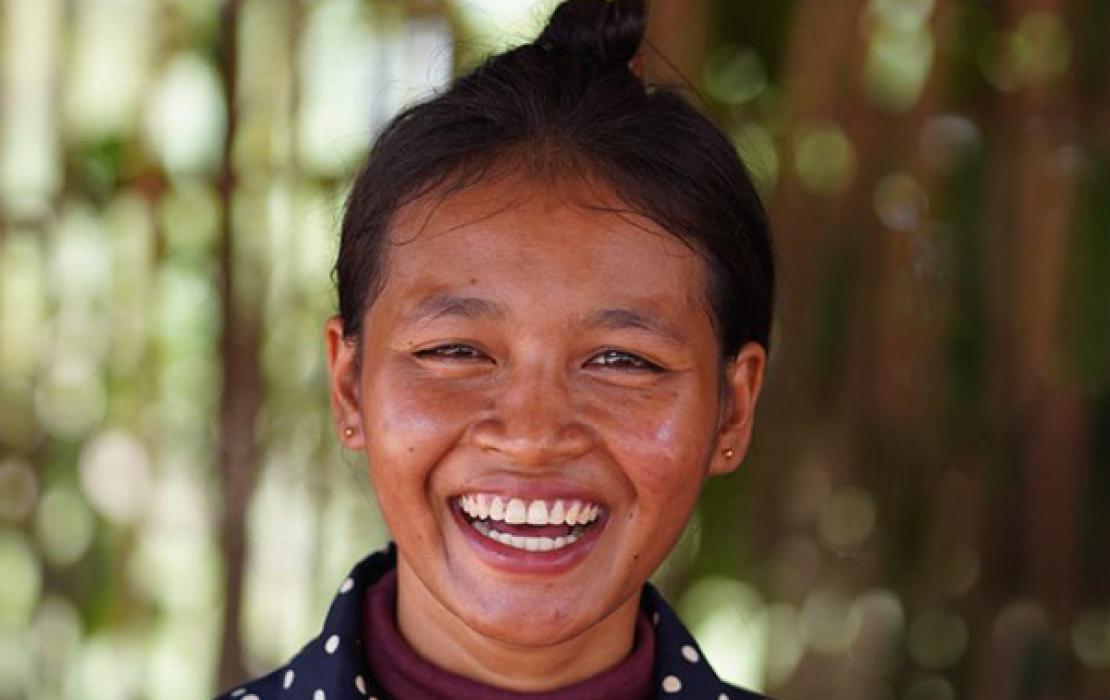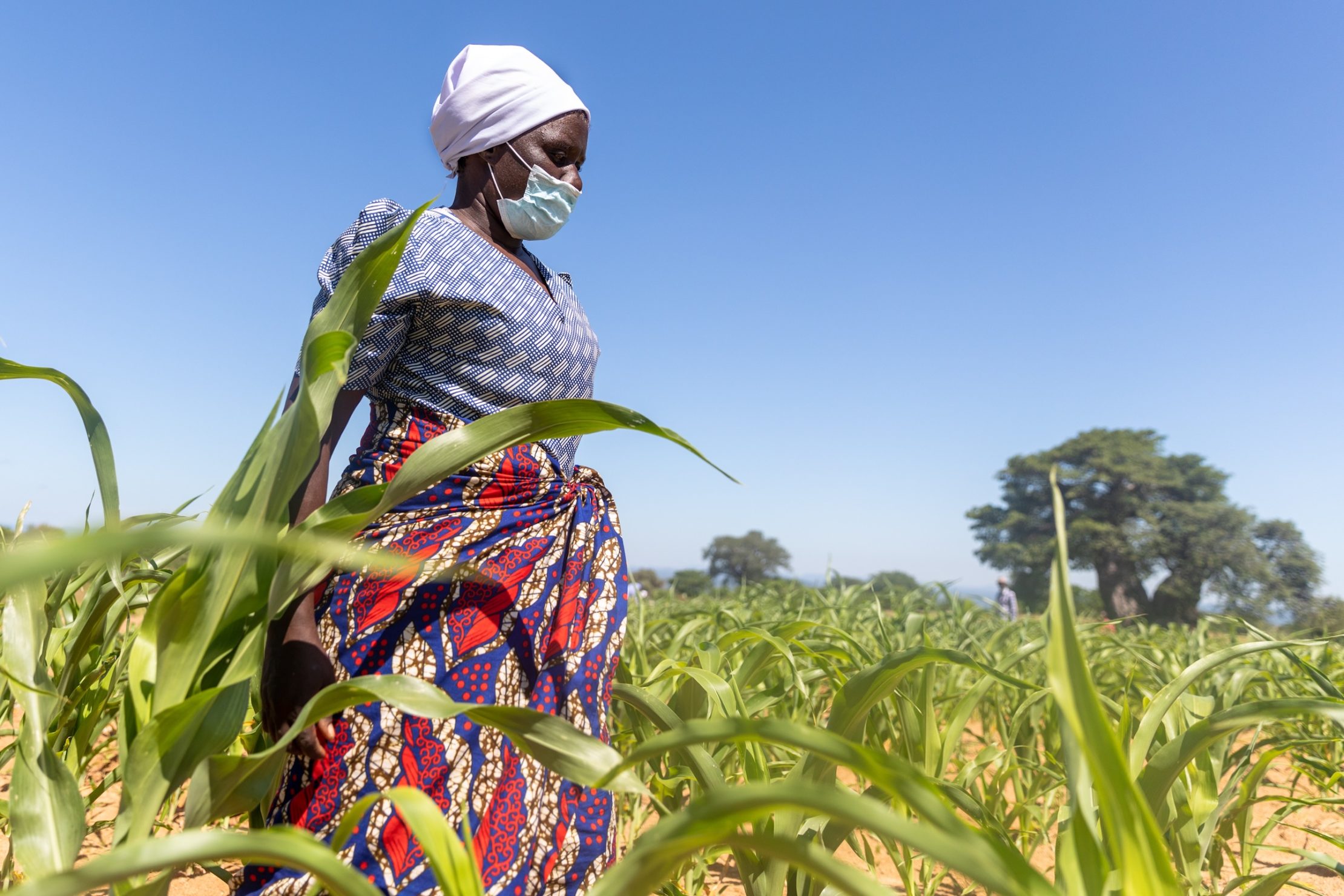
Photo: Anesu Freddy / UNDP Zimbabwe
Like most other humanitarian and development challenges, the climate crisis perpetuates and magnifies structural inequalities, such as those between women and men.
Across the African continent, women bear an unequal burden when it comes to climate change impacts. Many women in the region rely primarily on climate-sensitive livelihoods, such as small-scale farming and manual labour. This makes them highly exposed to the impacts of extreme weather events such as recurring droughts and floods which damage crops and kill livestock upon which their livelihoods depend.
Moreover, women face increased risks to the long-term consequences of these impacts including heightened vulnerability to food insecurity, deepening poverty, and increased exposure to violence and displacement.
Climate change impacts also cause an increase in the already unbalanced unpaid care and domestic responsibilities that women and girls have, in turn constraining their access to education and employment opportunities. For example, in Ethiopia, as a result of the most severe drought in 40 years, girls have been forced to drop out of school to support the increased burden of household and farm chores, as men and adolescent boys migrate to urban centres looking for work.
And yet, despite being disproportionately affected by climate change impacts, we must not forget that many women in African countries are playing a pivotal role in spearheading climate action through advocacy, community engagement and innovative solutions.
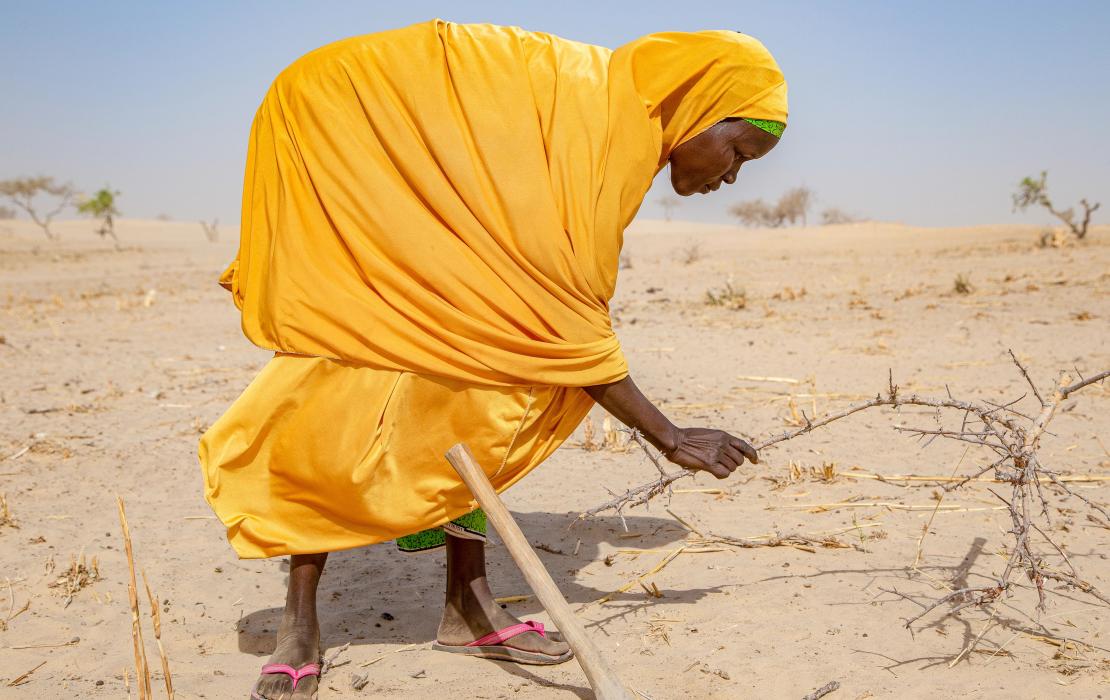
Photo: UNDP Chad
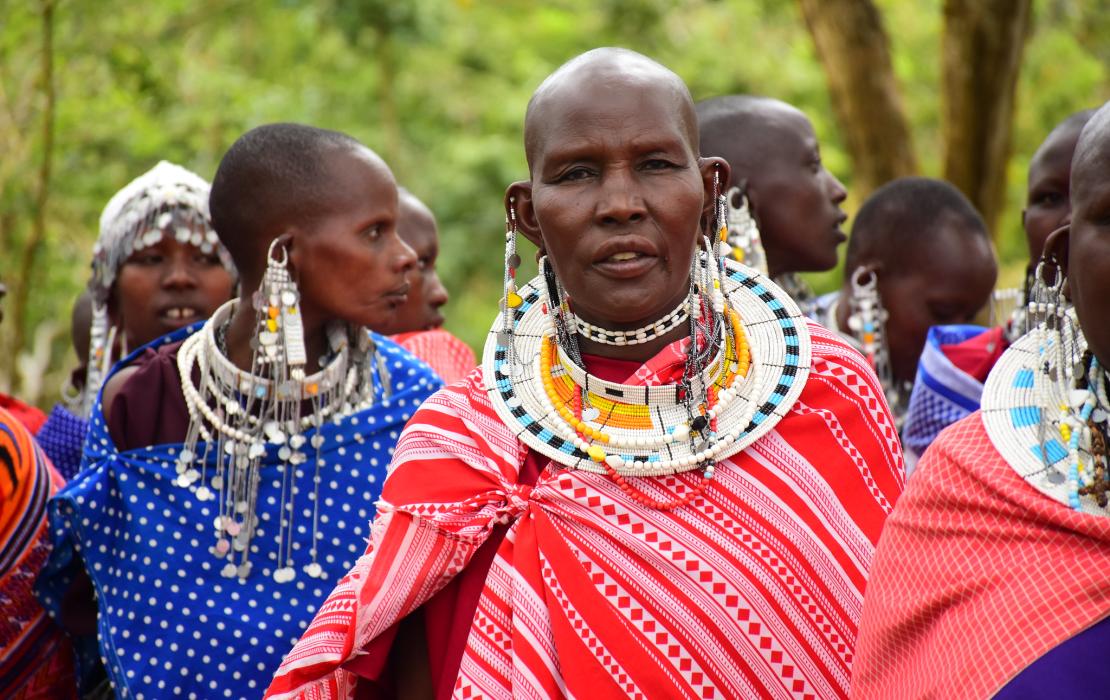
Photo: UNDP Tanzania
Bridging gender gaps through national climate pledges
While progress has been made over the years to improve gender equality worldwide, more effective, lasting solutions are needed to address how women and girls are uniquely affected by climate change and to empower them to use their knowledge and skills to advance climate action.
A new UNDP report examines some of the best practices that African countries have applied in developing gender-responsive climate actions in their Nationally Determined Contributions (NDCs). Here are some of the study’s highlights:
1. Climate policies must be inclusive and gender-responsive. As of August 2023, 40 out of 41 African countries that submitted updated NDCs have included gender considerations in them. Among these, 25 African countries included gender-responsive actions related to adaptation, while 12 included gender-responsive actions related to mitigation. Several African countries have also strengthened their policy and institutional frameworks to ensure gender-responsive climate action. Nigeria, for instance, revised its National Gender Policy in 2022 and adopted a National Action Plan on Gender and Climate Change. Meanwhile, Malawi established a National Technical Committee on Climate Change in which the Ministry of Gender, Community Development and Social Welfare is represented.
2. Climate action must focus on achieving impacts for women. Many countries have already turned their NDC commitments into tangible actions, using a gender lens. In Rwanda, for instance, women have been trained on innovative technologies to convert organic waste into cooking gas and bio-fertilizer. This initiative not only helps reduce greenhouse gas emissions, by using less firewood and reducing cooking smoke, it also improves women's lives by reducing the time spent on unpaid care and domestic work and the safety risks associated with gathering and burning firewood.
3. Inclusion leads to more effective solutions. Women's leadership in climate action is essential because it brings their unique knowledge and skills into play. For example, in rural communities, women often bear the responsibility for securing water for their families and have thus gained years of practical experience and a unique understanding of changing rainfall patterns as well as water harvesting and storage practices. They are best placed to inform effective adaptation strategies, a factor that many African countries are increasingly considering. In Somalia, women’s groups have been involved, together with community leaders and partners, in designing sustainable water management schemes which enhanced water availability for their communities.

Photo: UNDP Kenya
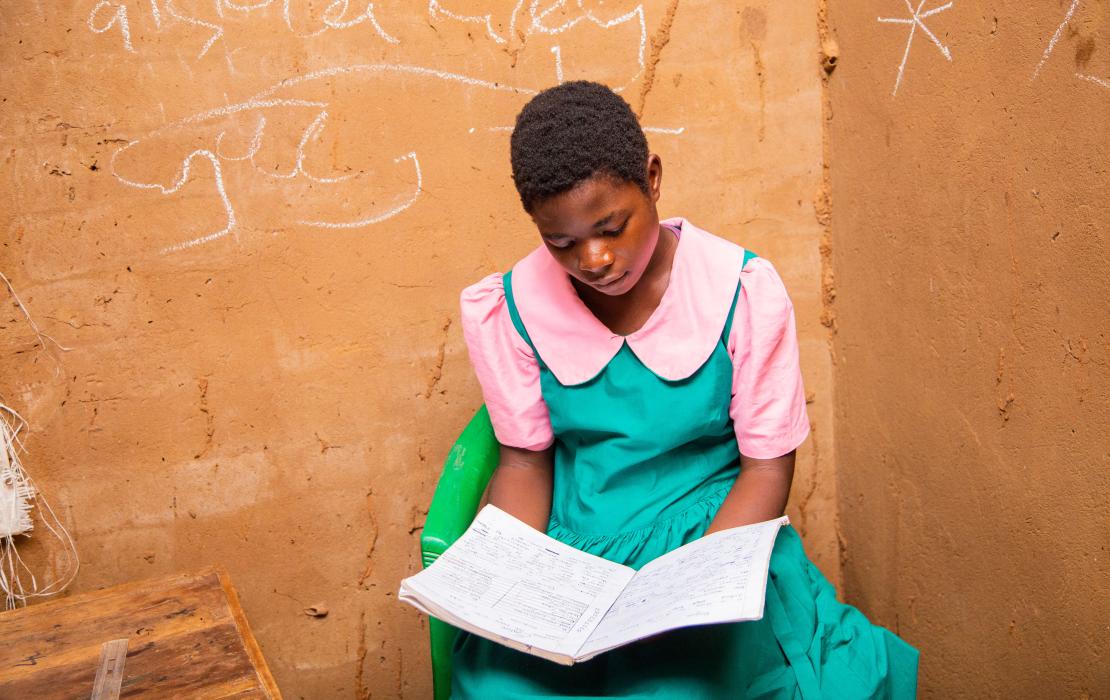
Photo: UNDP Malawi
4. Women’s leadership is a critical component of climate action. Ensuring women's leadership in climate action requires equitable access to resources, education, and training. In Cameroon, women’s organizations, gender equality experts and national policymakers developed a roadmap for mainstreaming gender in the formulation of the country’s national strategy to reduce emissions from deforestation and forest degradation (REDD+). As part of this initiative, women from five ecological regions were also trained on forestry skills, resulting in the launch of several pilot projects led by women themselves, stronger women networks on forest governance, and the protection of land rights. An additional outcome was the establishment of a Gender and Forest Task Force. Notably, women gained representation in major decision-making bodies and processes, thereby advancing gender-responsive climate action.
5. Gender-disaggregated data is crucial to track gender equality progress. Although much remains to be done, African countries are making renewed efforts to comply with international commitments on gender-disaggregated data collection in relation to climate change. Guinea is particularly advanced in this endeavour. The country has explicitly mentioned gender-specific monitoring, results and impact indicators in the adaptation and mitigation measures of its revised NDC. This data will help allocate resources to bridge the gender gap, integrate gender dimensions into future climate solutions and public policies, and inform the National Gender and Climate Strategy to be developed by 2024. In Uganda, a new measurement, reporting, and verification (MRV) tool was designed to track the national greenhouse gas emissions inventory and climate actions across all sectors using gender-disaggregated data. The country is now better equipped to effectively monitor and report progress on climate actions in the land use and agriculture sectors where most women are employed, and foster gender equality and resilience across all sectors in the face of climate change impacts.
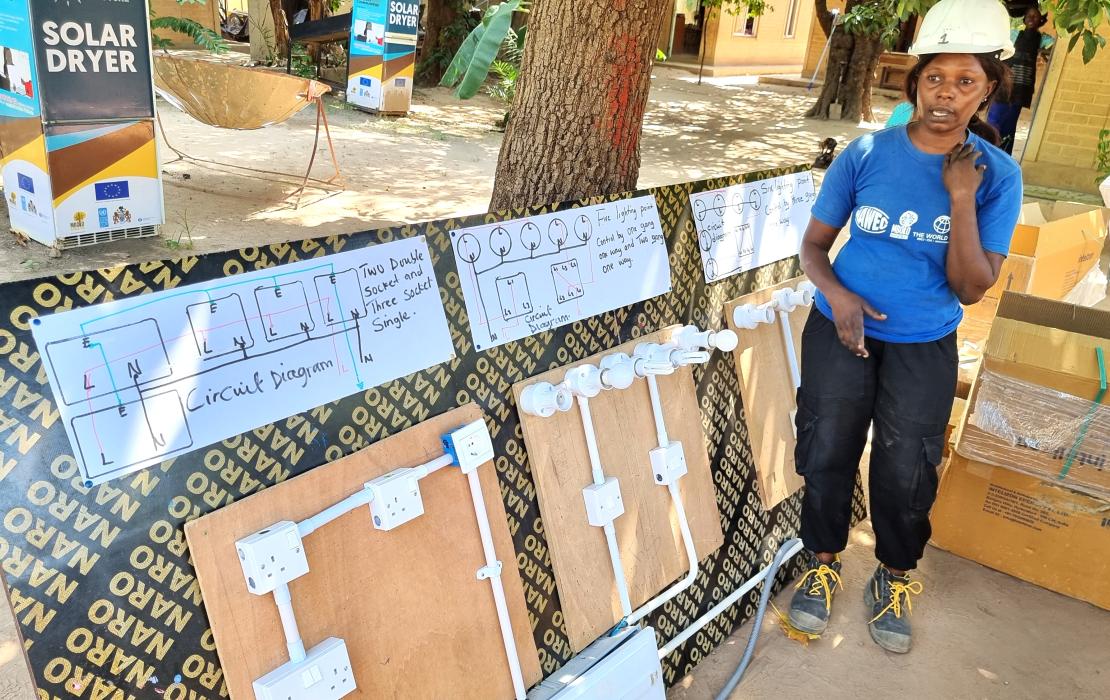
Photo: UNDP/Omar Zemrag

Photo: UNDP DRC
As we can see, African countries are taking significant strides to strengthen their climate change efforts with a focus on gender equality and inclusivity. These best practices provide valuable models that can serve as inspiration for nations worldwide.
UNDP is committed to continued collaboration with our partners in African countries and beyond that support women to increase their resilience to climate change impacts and be able to use their valuable knowledge and skills in climate action. In the face of a deepening climate crisis, these efforts are key to creating a more equitable and sustainable future for all.
Editor's note: if you found this blog useful, check out our report.

